It Comes Down to This (Why We Love the Church)
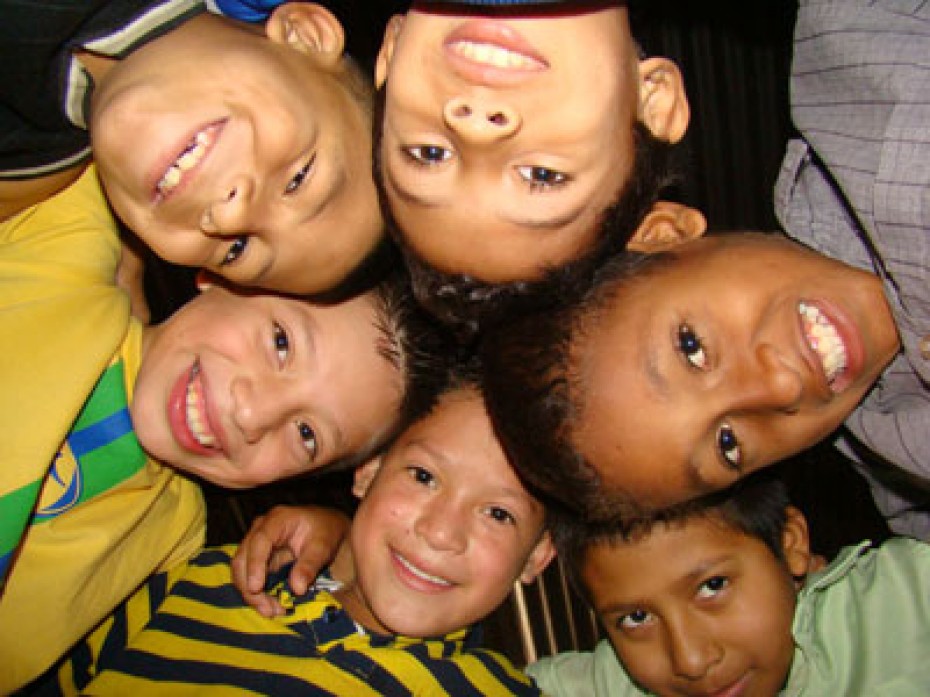
It all comes down to this: The church is not just essential, it is necessary, imperative to change lives and bring social, spiritual, and physical development in this troubled society. Communities see their congregations as a shelter of love, a ray of hope in the midst of the difficult living conditions, a place where their children receive spiritual values that will make them better citizens in the future.
Continue Reading ›God Is Faithful (Milagro, the Miracle)
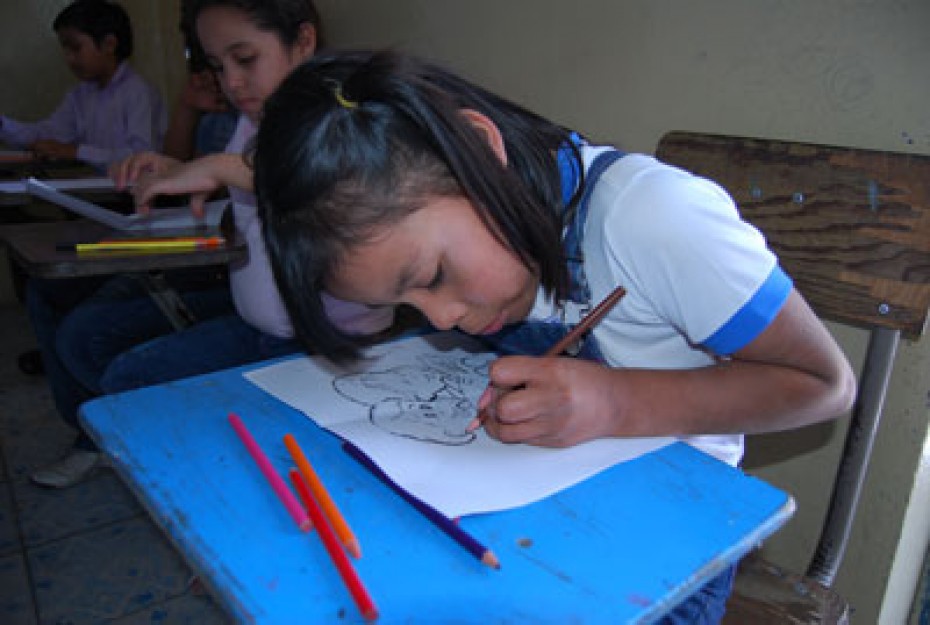
Just like her name, it was a miracle that she survived at such a young age. Milagro lost her right arm, and part of her face and body had deep burns. It was a traumatic event for the baby and the mother.
Continue Reading ›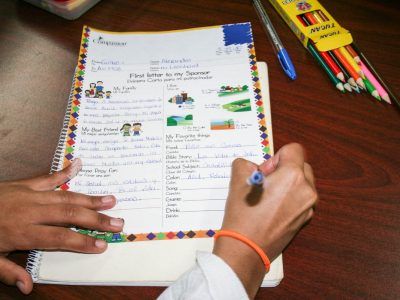
The First Letter Builds a Cornerstone
The first letters are a cornerstone to building the new relationship between sponsor and a Compassion-assisted child. These letters make the sponsorship commitment more personal, and now Vanesa and Alexandra will be waiting to hear back from their sponsors.
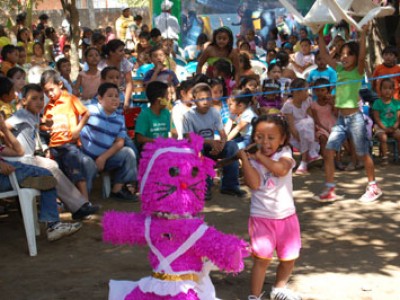
Christmas in Nicaragua
The festive decorations and music create an atmosphere of celebration. Bible verse competitions are held among the different ages. They also have a piñata, party jumper, delicious lunch and a short devotion by the pastor. Distributing the much-anticipated Christmas presents is the final highlight.
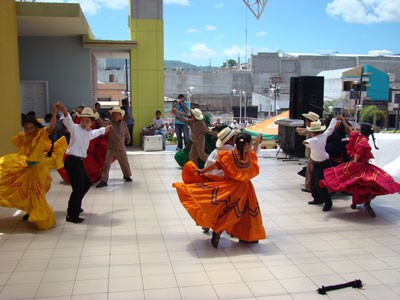
Celebrating Christ and Honduran Culture
One priority of the celebration is to present the gospel through the living testimony of children who are registered in different child development centers. One by one, groups from every center head up to the stage for a special cultural and evangelistic presentation, including messianic dances, mimes, choreography, and songs to exalt the name of Christ.
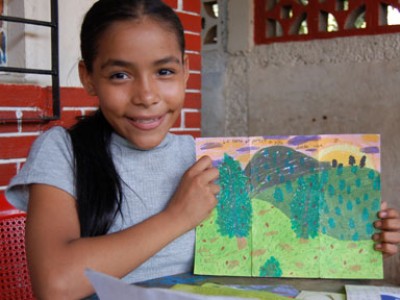
Your Letters Are Worth More Than You Know
Ana says of her sponsor, “She is like a sister to me because she talks to me and tells me she’s coming, so I’m always waiting for her. I am very happy and thankful with God because she always sends me nice things and wishes me blessings from God, and she also sends me pictures.”
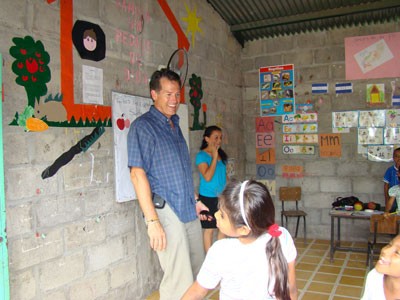
Undercover With Compassion
I have been feeling challenged lately to get closer to the heart of Compassion, where we interact with sponsors, churches and children. I recently read a quote from a top executive of a large retail chain (I can’t remember which one — maybe Best Buy). He said, “I have never wasted a day visiting a store.” So, I arranged a trip to Honduras where I spent six days at two different child development centers in the central zone of the country … the Honduras Country Office did a marvelous job of setting this trip up so that I could be a regular guy without any fanfare or protocol.
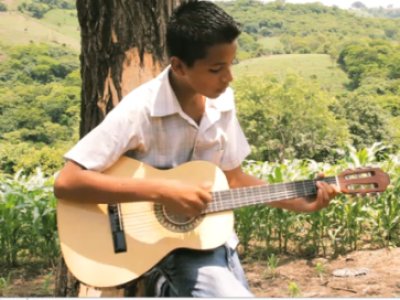
Your Sponsorship Brings Hope: A Report from El Salvador
A frequently asked question about child sponsorship is this: How does it make a difference? People want to know that their concern, their money and their intentions are safe in our hands. This video from El Salvador highlights one of thousands of similar stories that attest to the crucial difference your sponsorship can make in the life of a child!

We Teach Children How to Dream
The youths in our student centers face many challenges. Because of cultural paradigms, poor academic preparation by the national school system (especially in rural areas), and financial barriers, one of the greatest challenges for youths is learning how to dream.
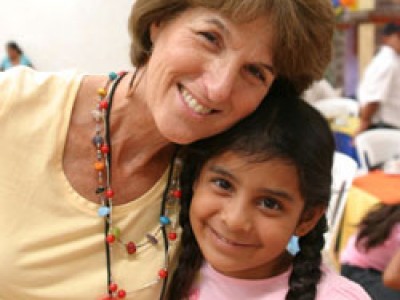
Made for Each Other
Each of your sponsored children is uniquely yours. You may not know the reason exactly, but that child was chosen by you for a reason. And you were chose for for that child.
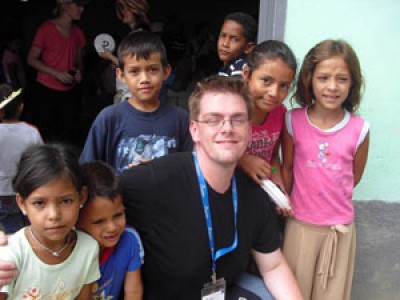
How I Learned to Stop Procrastinating and Get Back to Letter Writing
I’m not sure that I should be admitting that given that I work for Compassion, but there it is. At 31, I’m part of a generation of Canadians for whom letter writing is virtually a foreign concept.
Facebook? No problem. Twitter? Easy. E-mail? Sure. But to sit down and write a letter? That’s different.
Baking Without a KitchenAid in Sight
The girls teaching me to bake were part of a baking class at the Compassion student center I was visiting in Quetzaltenango, Guatemala. As part of the class, they make snacks for the nearly 400 students at the center. They also make baked goods they can sell in the community. With that money, they have been able to construct new classrooms at the center.


